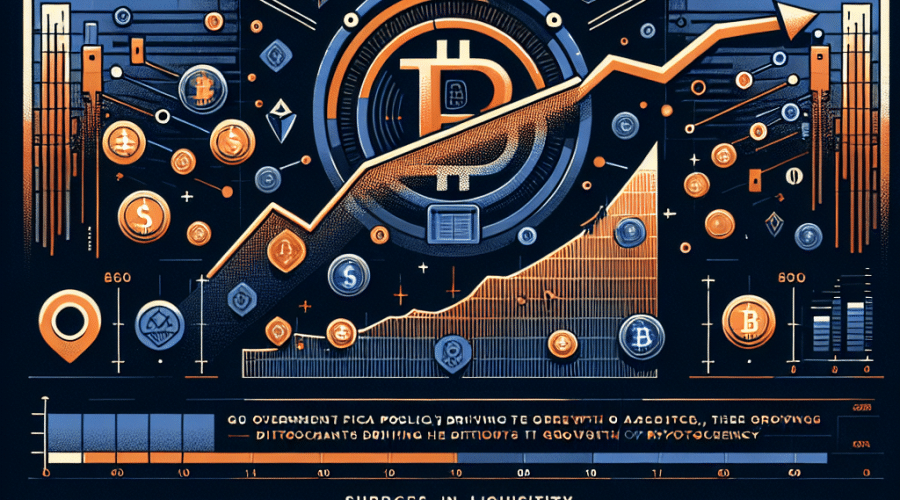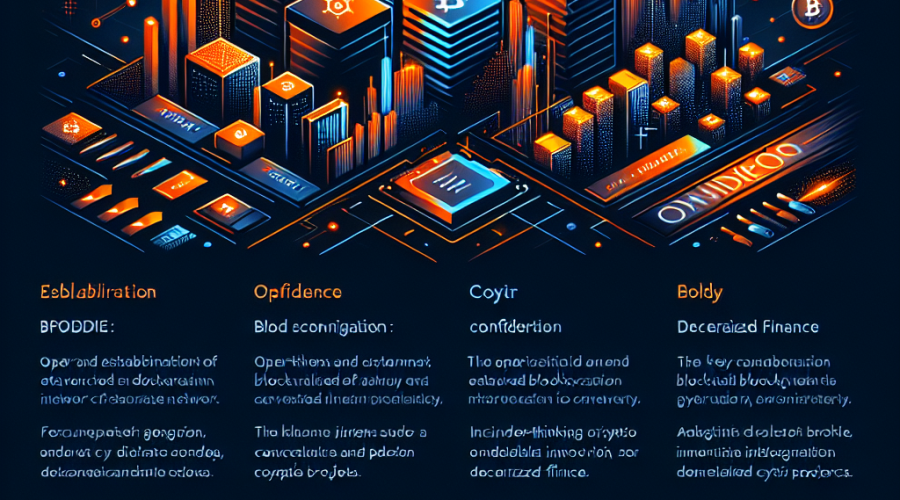DeFi Under the Legal Microscope With Federal Trial of Tornado Cash’s Roman Storm
The legal tussle between the United States Department of Justice (DOJ) and Roman Storm grips the world of decentralized finance (DeFi). Storm, a software developer and the brains behind the DeFi privacy tool Tornado Cash, is looking at three federal conspiracy charges that could land him up to 45 years behind bars, if found guilty on all counts. However, the case raises broader concerns than the fate of a single individual. It could, indeed, drastically impact the legal landscape of decentralized finance.
Details of the Unfolding Trial: Its Origins and Implications
The trial, currently proceeding in the Southern District of New York, also includes Roman Semenov, Storm’s silent partner, who has been on the run since being added to the sanctions list by the U.S. in August 2023. The prosecution charges them with enabling money laundering knowingly, using their invention while publicly marketing it as a privacy tool.
The three charges against Storm include conspiracy to commit money laundering, conspiracy to violate the International Emergency Economic Powers Act (IEEPA) via sanctions infractions, and conspiracy to operate an unlicensed money-transferring business. The accusations have been swirling around for some time, with the Office of Foreign Assets Control (OFAC) sanctioning Tornado Cash in August 2022, and the DOJ announcing its indictment against Semenov and Storm in August 2023.
The case’s significance lies in its potential to change the way U.S. law views decentralized technology. Many developers and legal experts fear that the legal consequences of creating code, such as Storm’s predicament, may seem precarious to others shaping open-source tools, particularly privacy-focused tools.
The Accusations Against Tornado Cash Founders: The DOJ’s Argument
The federal government has presented an indictment, alleging that most of the funds processed through Tornado Cash originated from illicit activities, a fact known to the founders. Further, they insist that Tornado Cash has processed laundering of over a billion dollars, hundreds of millions of that belonging to Lazarus Group, a North Korean hacking organization slapped with U.S. sanctions.
Rounding up their argument, the prosecution alleges, “The defendants knew quite well that it was a refuge for criminals indulging in large-scale money laundering and evading sanctions. In fact, a substantial chunk of the funds processed by the Tornado Cash service was criminal proceeds, circulated through the service for the purpose of hiding the illicit origins.”
The Defence’s Stand: Is It Just Coding, or Is There More to It?
As counterargument, the defence contends that what Storm created was software, not a criminal enterprise. Furthermore, Storm had no operational control over its use by others. In Storm’s defense, it was underlined that Tornado Cash was a non-custodial instrument without any means, on part of Storm, to prevent ill-intentioned individuals from utilizing it.
Storm’s counsel argued that the software was intended to allow ordinary users to send and receive money privately, not facilitate hackers. Messages shared between Semenov and Storm were also presented which showed Storm’s disenchantment when aware that criminals were misusing the platform.
Legal Experts Opinions: Innovators or Criminals?
Opinions among legal observers are split with some warning of a chilling effect on open-source development if a conviction is secured while others argue that software developers must be held accountable for the crimes their tools enable. As the trial draws to its conclusion, these diverging opinions paint a vivid contrast, setting up a real debate in the crypto and DeFi industries.
Updates from the Courtroom: High-Stakes Deliberations Begin
The culmination of the trial brought forth closing arguments from both sides with each taking around ninety minutes for their respective summations. The government proffered a final 45 minutes for rebuttal before the jury began its discussions. Accordingly, U.S. jury deliberations don’t have a time limit and can take hours, days, or even weeks.
Amid these developments, Storm is currently out on a $2 million bail and living with 24-hour electronic surveillance and travel restrictions in place. The case’s outcome remains uncertain, but its reverberations may well define the future of open-source innovation and privacy in the world of decentralized finance.


















